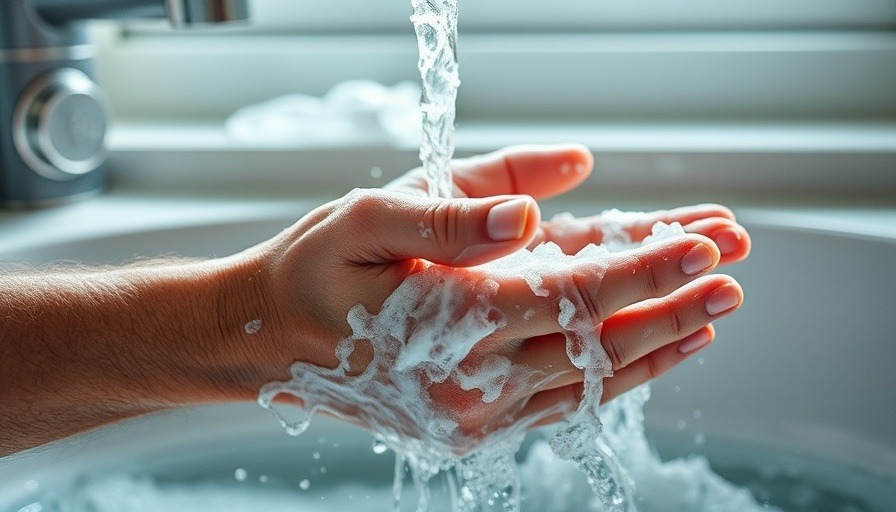
Understanding the Impacts of Antibacterial Soaps
California Assemblymember Alex Lee is back in the spotlight with his introduction of the Safer Soap Act (AB 916), aiming to ban antibacterial soaps that could pose significant health risks to consumers. This move follows mounting evidence from health authorities, including the FDA, suggesting that such products offer no extra benefit over traditional soap and water while potentially contributing to antibiotic resistance.
Why the Safer Soap Act Matters
With the antibacterial soap market projected to skyrocket to over $6.9 billion by 2030, the Safer Soap Act addresses a critical public health concern. Assemblymember Lee argues that these products create a misleading sense of security among consumers who might believe they are more protected from germs than they actually are. Such misconceptions can lead to over-reliance on ineffective products rather than trusted hygiene practices, like thorough handwashing.
The Science Behind Soap and Health
Studies indicate that antibacterial soaps have not been proven superior in preventing illness compared to regular soap. In fact, entities like the CDC advocate for good old-fashioned soap and water as the primary defense against germs. This evidence underscores the importance of public education regarding effective hygiene practices.
Counterarguments Against the Safer Soap Act
While the Safer Soap Act garners substantial support, some industry stakeholders argue against the ban, citing concerns over losing products that some consumers find effective. They assert that the market for flexible antibacterial options should remain open, which reflects a broader debate on consumer choice versus consumer safety.
Public Sentiment and Consumer Responsibility
The introduction of the Safer Soap Act has sparked conversations among consumers about their choices in personal hygiene products. Many individuals express a willingness to prioritize safety and effectiveness, illustrating that public support for the ban may drive significant changes in market trends.
Looking Ahead: The Future of Consumer Health Products
The Safer Soap Act could set a precedent for future regulations surrounding personal care products across the nation. As awareness grows about the risks associated with antibacterial agents, other states may consider similar legislation, affecting consumer choices and industry practices nationally. This could pave the way for a broader evaluation of what constitutes safe and beneficial personal care products.
Take Action: Making Informed Choices
As consumers become more informed about their product choices, they can advocate for safe and effective alternatives. Whether it's supporting legislation like the Safer Soap Act or simply choosing traditional soap, being proactive in personal health practices can lead to a greater overall improvement in public health.
 Add Row
Add Row  Add
Add 




 Add Row
Add Row  Add
Add 

Write A Comment